Change your stored postcode to update prices for your location.
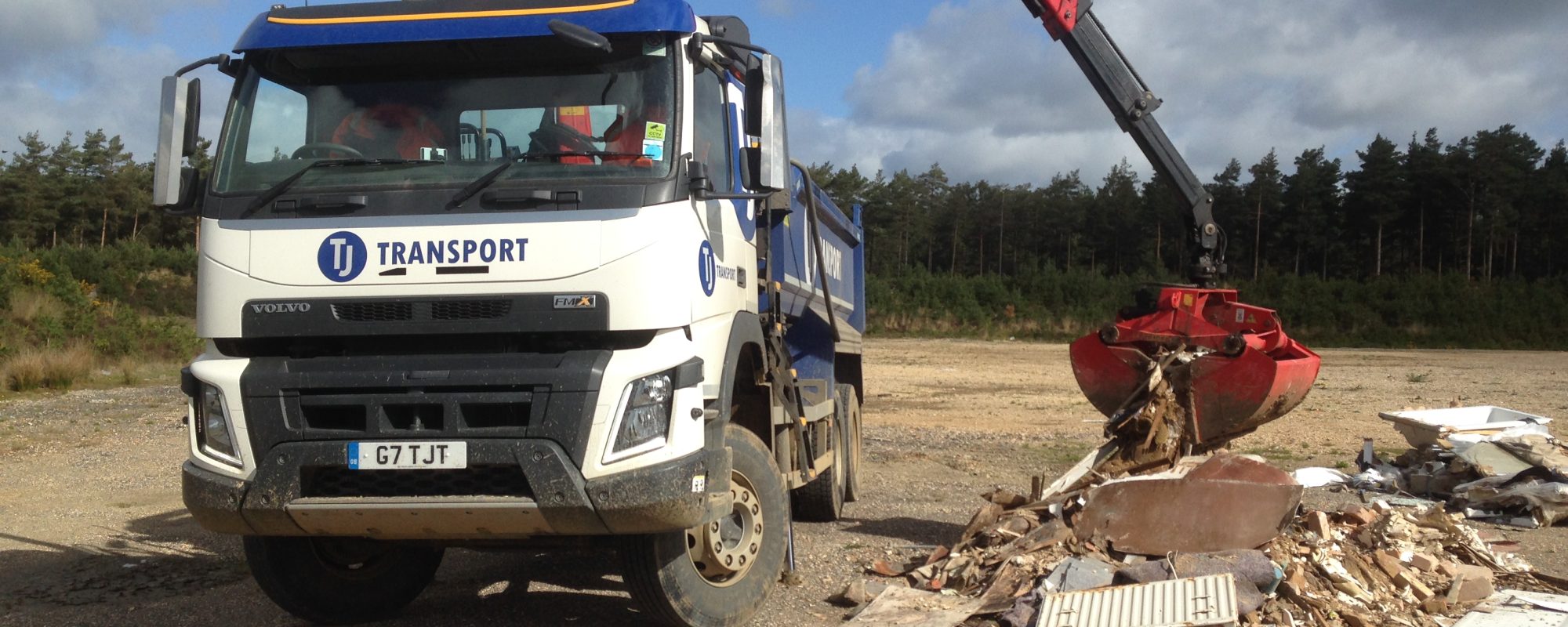
Fly-tipping is an on-going problem, but this year has seen unprecedented levels. The Countryside Alliance reported a 300% rise in some areas of the UK following the spring lockdown period, which saw the closure of Household Waste Recycling Centres (HWRCs) across the country. Although the HWRCs reopened in Mid May and have remained open during Lockdown 2, they are not as easy to access as they used to be.
Currently, to use your local HWRC, you have to book an appointment which could be up to a week in the future depending on availability, so that immediate waste disposal option is not available at the moment. You’re only permitted to book one slot per week so if you have larger amounts of waste to dispose of, you may find this more difficult. Also, not all waste streams are being accepted at present. For example, paid for disposal services such as rubble, soil and plasterboard are not available.
Although these measures are in place to ensure HWRCs can operate in a COVID-secure way to keep staff and customers safe, and to give everyone a fair chance of being able to use the facilities, it is presenting additional challenges.
In a BBC report last month, Conservative MP Paul Bristow said the illegal dumping of waste had increased during lockdown as people carried out “copy-cat” offences and he’s calling for an increase in the penalties for fly-tipping. Environment Minister Rebecca Pow said fly-tipping was one of the most common issues she dealt with, both in her constituency and government department.
TJ Waste has been very active in assisting with instances of fly-tipping in the southern region this year. It is something that we are well-placed to deal with and at short notice if needed. Our fleet of vans and grab lorries, along with our range of skips, can deal with pretty much any fly-tipping scenario that presents itself.
We can draw upon our expertise to deal with more diverse fly-tipping instances such as liquid contamination and any hazardous materials that have been dumped illegally. These situations could present dangers to the surrounding area and those in it, which is why our ability to respond quickly is key.
In recent months and weeks, we have been called in to help with a variety of fly-tipping episodes. We’ve dealt with local authorities such as Southampton City Council, large companies including Skanska and individual land owners as well.
We approach each case on an individual basis, surveying the situation, materials and location before deciding how to best proceed. We have a range of vehicles and equipment at our disposal, enabling us to deal with each case in the most appropriate, timely and cost-effective way.
In the last month alone, we’ve dealt with countless dumped mattresses, hazardous materials that were seeping into local marshland and a derelict boat abandoned in Fareham Marina! The difference from one case to the next is vast and the way we handle each will be efficient and effective to ensure the best possible outcome for our client and the environment.
All waste collected by TJ will be taken back to one of our Materials Recovery Facilities at Southampton, Portsmouth or Yapton for it to be processed and where possible reused or recycled. Anything that is unable to be recycled will be sent for incineration, supporting the Energy from Waste process. TJ is strongly committed to diverting waste from landfill and our partnerships with a range of recycling centres in and outside of Hampshire helps make all this recycling possible.
If you have a fly-tipping issue that you need assistance with – we’re here and ready to help! Get in touch and one of our friendly team members will talk you through the steps we’ll take to resolve the problem quickly for you. Find out more about TJ Waste, the services we employ and our fly-tipping history…
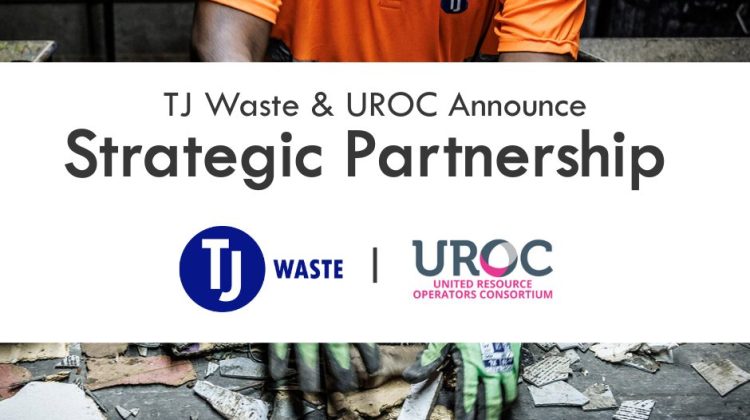
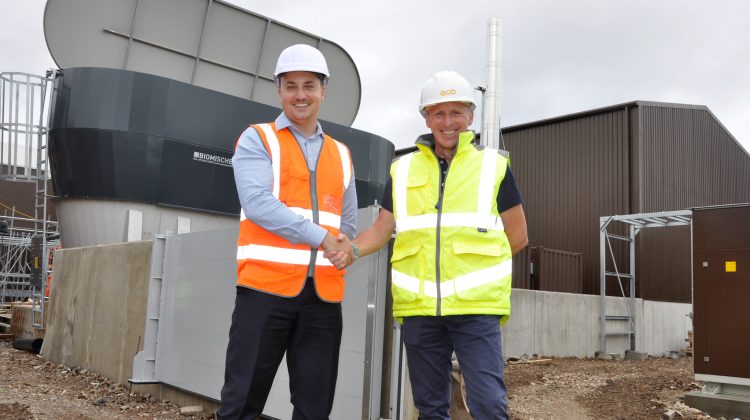
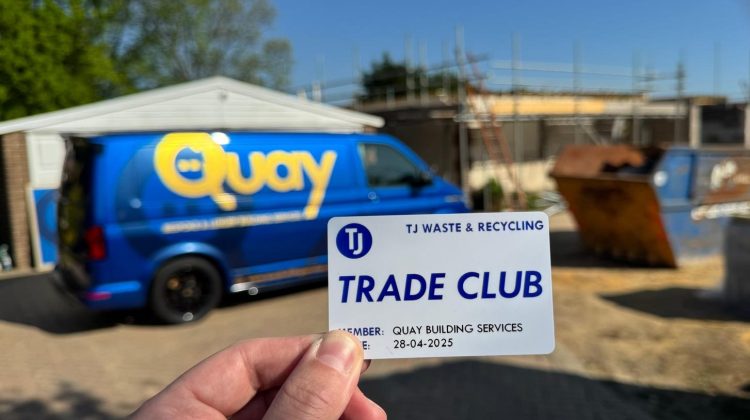
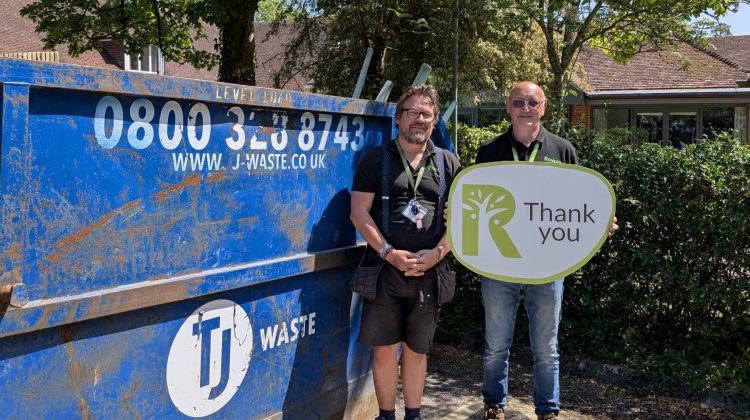
Change your stored postcode to update prices for your location.